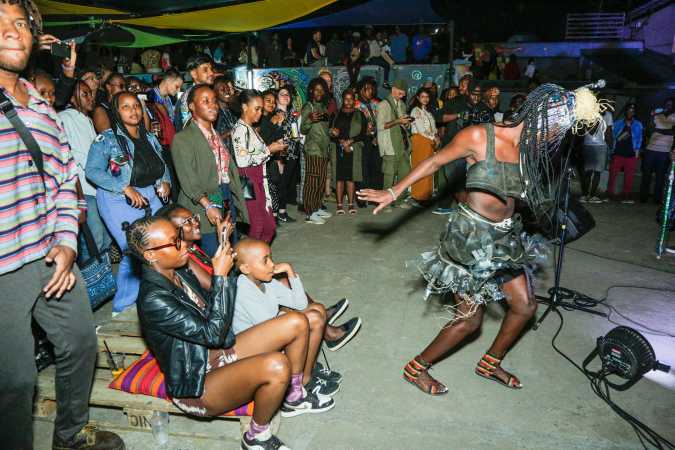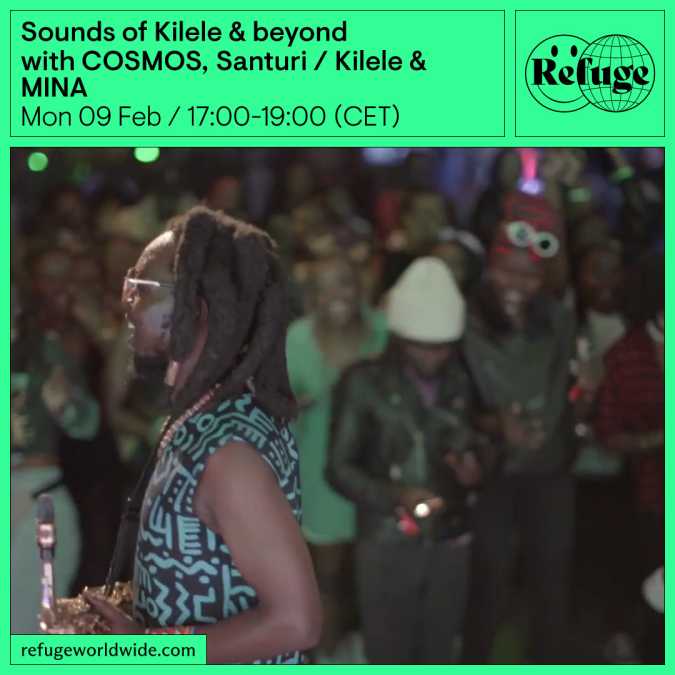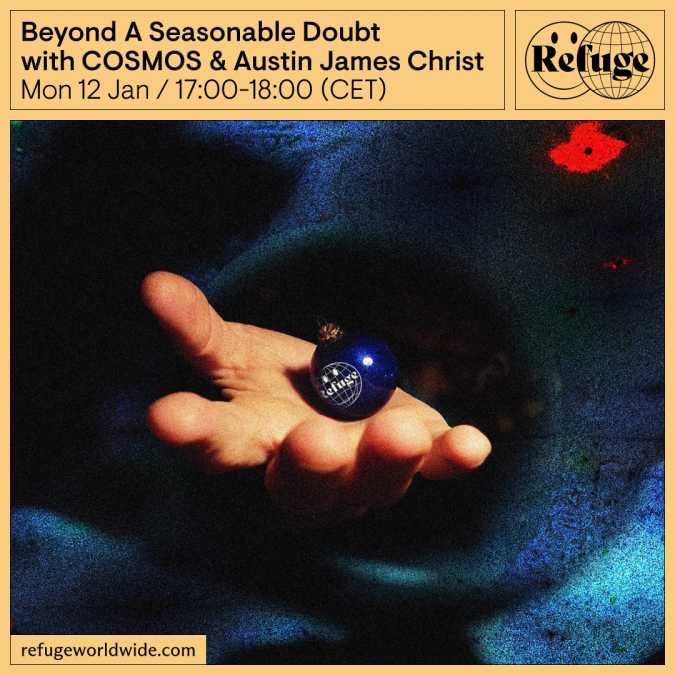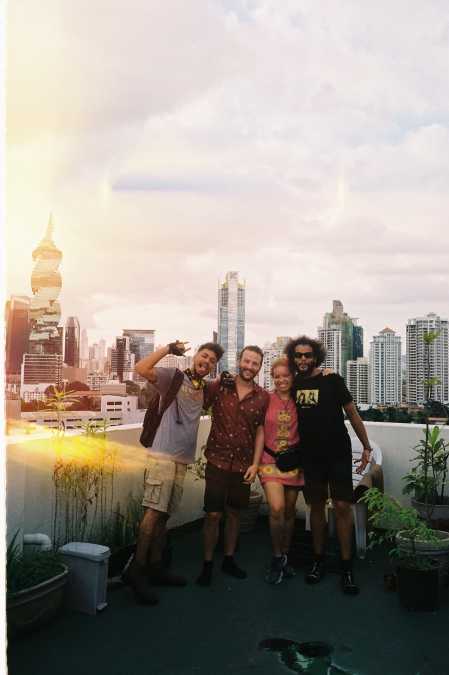COSMOS x Santuri announce first 2024 Embassy
Ahead of their first-ever electronic music summit, Kilele, COSMOS sits down with Santuri co-founder and director David Tinning as well as Nairobi staples Nyokabi Kariũki and KMRU.
For a full decade, the Santuri organisation has been supporting, highlighting, and releasing a mix of contemporary and traditional music from many regions of Africa. Since 2022, they have found a steady home in the Westlands district of Nairobi, Kenya. From here, the international team provides space and resources, and puts on workshops, panels and showcases for the local scene. Their most ambitious project to date is Kilele, East Africa’s first-ever electronic music summit, which runs from February 12–18, 2024, and gathers a global crowd of experimental music enthusiasts in the Kenyan capital.
With all of these endeavors, COSMOS is proud to announce a long-term partnership with Santuri East Africa, our first COSMOS Embassy of 2024. Watch this space as we'll hear much more from this exceptional crew throughout the year.
Interview by COSMOS
Photography by Gianfranco Belli, Bala Milla, and Santuri East Africa
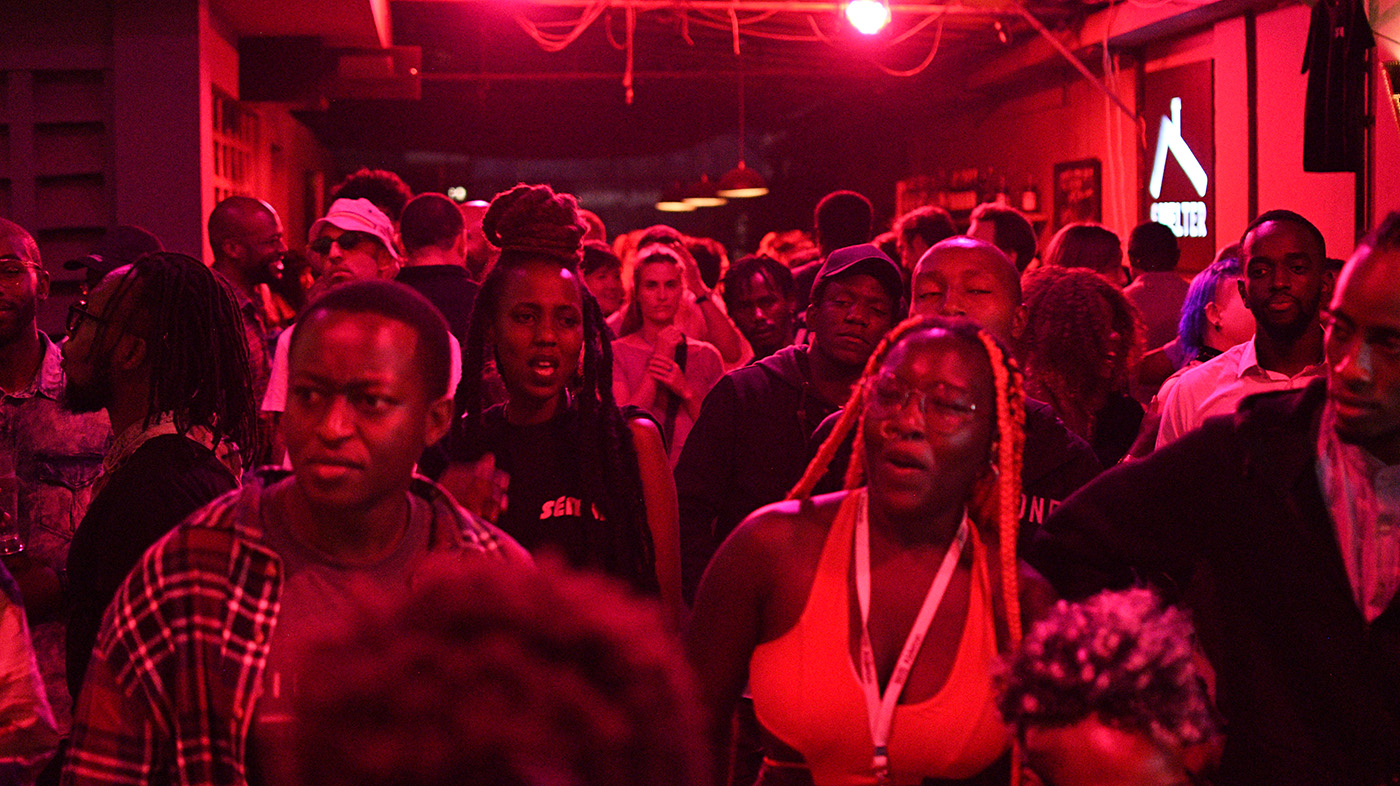
David, with Kilele you're celebrating the first decade of Santuri’s involvement in music. But how did it all start?
DT
Santuri began exactly 10 years ago, at a festival in Zanzibar called Sauti za Busara. At the time, the main donor was interested in adding something around electronic music to the programming. We had a long conversation and cooked up this idea for a pilot project about putting electronic musicians and DJs together with traditional artists. They would make a track in the day and then perform that track in the evening.
We did many of these recording sessions with local artists, sometimes we’d bring producers from around the world. We released some of this music on labels in Europe, like Soundway, Highlife, and Sofrito. There was a lot of excitement around the project, but most of the workshops and sessions were just so short... we were there for like four or five days, and then we were gone. We realised, after speaking with the communities that we're working with, that we needed to have a longer term approach to really engage with the artists.
How did you accomplish that, precisely?
DT
We put the focus on education. Our technology partners from Native Instruments and Ableton would supply us with licenses and hardware, and we did a few of those workshops over the years. In 2020, we received money from Ableton to do a study of the electronic music scene around the region. We spoke to all the different artists, DJs, producers, selectors, and studios, asking the question: what are the main barriers to entry?
We spoke to over 300 artists and the most common answers were: 1) access to gear, software, and hardware, 2) access to expertise and training, and 3) access to spaces that were supportive and open for artistic communities. We also saw really, really strongly that gender was a huge topic within the scene. We heard so many times about women facing discrimination and working in spaces that were not safe, whether it's a nightclub or a studio.
We got support from the Goethe Institute to help us establish it. That was in 2021, and since then, we've trained over 200 artists in music production and DJing. We also maintained an almost 50% gender split – I think it's now 52%, male, 48% non-male. We've been deliberately making sure that the space is balanced, and open, and inclusive in that respect.
So your main project now is this permanent space in Nairobi?
DT
Yes, so in those first seven or eight years, we didn't have a home. We were just kind of working with different partners when we had the opportunity. But since 2020, we established a space in Nairobi, and now we've moved to a proper home. We have a classroom in the basement at The Mall here in Westlands. And next door, we have the Santuri Salon, which is our community space. We work from here, but we also have studios, we do small showcases, panel discussions, events and so on.
.jpg)
What changed with growing roots in one place instead of going with a more project-based, remote approach?
DT
It changed everything. Previously, it was like, okay, now we need to rent space, every time we wanted to do a project. We didn't have a permanent staff, so we had to hire people each time. This was hard work and expensive. And it was incredibly difficult to keep any sort of momentum.
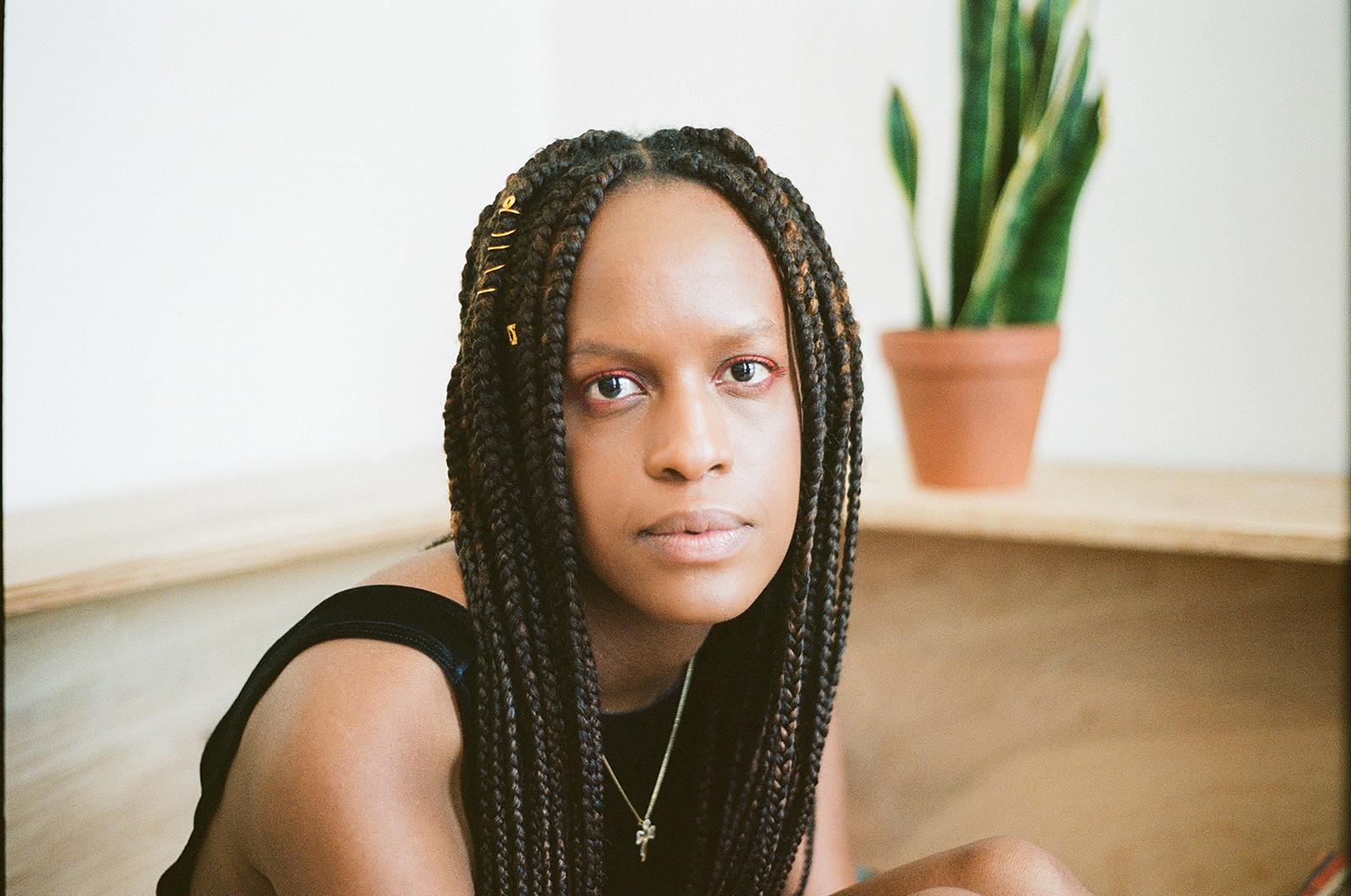
Nyokabi, how did you first encounter Santuri and that whole crew?
NK
I met the Santuri folks at the top of 2022. It was actually really special, because my first record, Peace Places: Kenyan Memories, was about to come out. Back then, I didn't feel like I had a musical community in Nairobi. Growing up here, I ran into a lot of resistance with regards to the kind of music I did or wanted to do – or just me wanting to do music in general. So, when I went to study in the US, I started to feel that maybe this was where people understand the work I did.
I made quick friends with a lot of them from that moment. Since then, it's been a mix of formal and informal collaborations. I see them very much as my artistic community back home, and they’ve been meaning a lot to me.
From an artist’s perspective, what's the current state of the scene? How would you describe the dynamics and the dominant sounds to someone who hasn’t been to Nairobi yet?
KMRU
The past few years, something’s been bubbling in the in the Nairobi scene. It's special to see how it's changing and growing. With Santuri being involved in different ways, now there’s space for producers and music makers to learn software together, share techniques, and get a chance to showcase something. That wasn’t the case a few years back.
NK
There’s a lot of spaces pushing live music as well, and a lot of communal things are happening. People can go, like, I want to do a concert with my friends and they’re able to organise that. Santuri has been a cornerstone for this. It’s a space where we're able to share the resources that we all have. And as a result, people are able to make things happen.
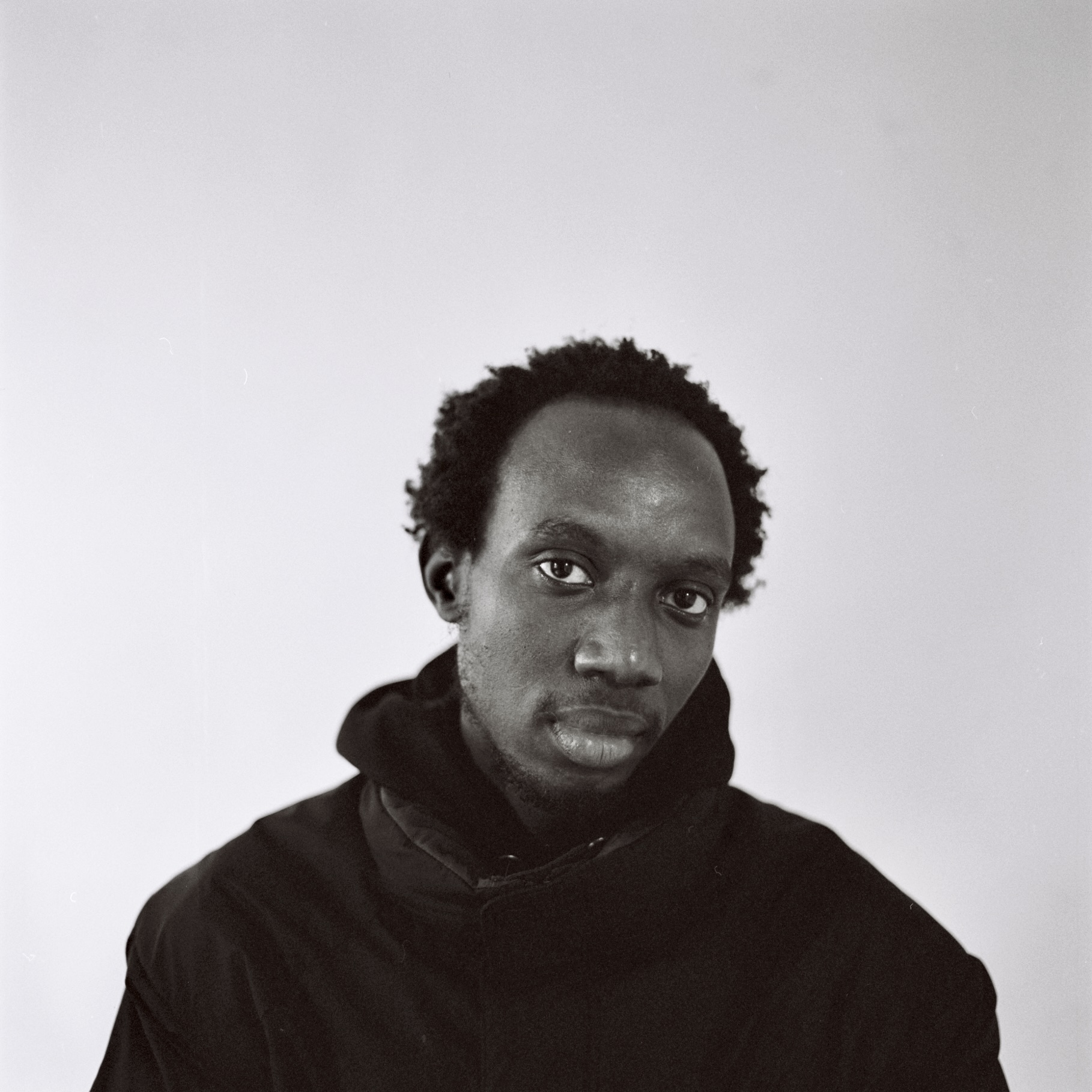
What about venues in general? Is Nairobi a city that offers a lot of free space to get creative?
KMRU
Here, people make the space. It could be anywhere, you just set it up and do something. But I feel now The Mist is becoming the hub – there’s room to do lots of stuff. You also had regular events at The Alchemist… I usually feel the scene is quite big, but at the same time, different musicians, people who are DJing or making live band music, or people who are just producing, all of us meet together or know what everyone else is doing. You'd go to a lounge and see a live performance or you'd go to the Mist and see like, an experimental live show or artists coming from Uganda.
NK
I think The Mist opened in 2022. I remember going for one of the first nights and it was very quiet there. I was supporting DJ Raph, who I look up to very much. He's one of the OGs of the electronic music scene in Nairobi. He was involved in the curation of The Mist. I think it had always been his goal to have a space for the experimental stuff, the music that was on the fringes. Now, it's usually very packed. People have come to expect that they don't know what to expect on a night out there. Last year, we double-billed for a performance, and it was so cool, because so many people showed up. It's a really special spot.
DT
DJ Raph is such an important person in that development. As Nyokabi was saying, that first year at The Mist... they did it every single Friday, and there'd be three or four people in there. And they kept doing it. Most people give up after a month at that point. But they did it for a year. And then people came and it was rammed all the time.
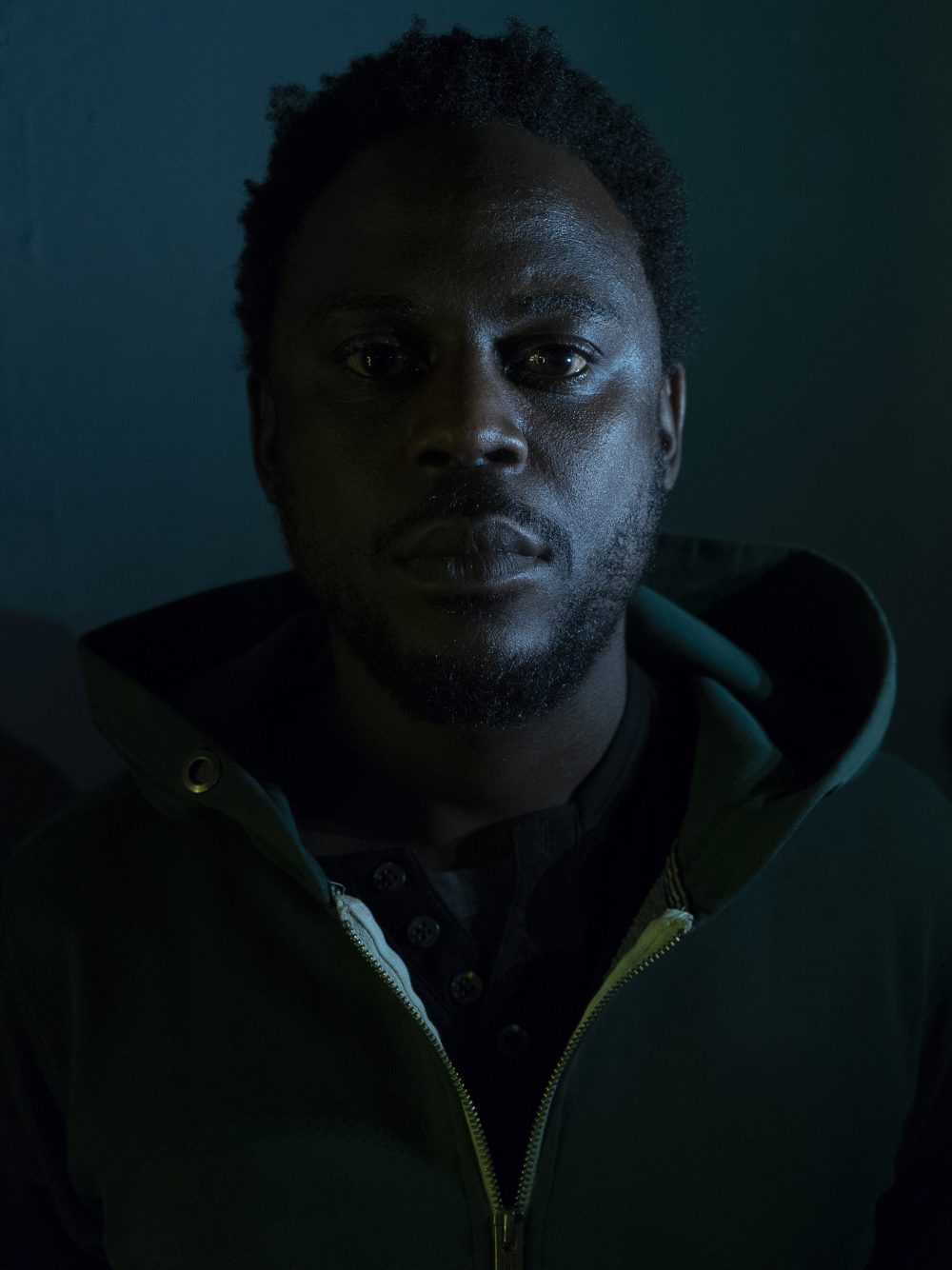
KMRU, can you elaborate on the Nairobi Ableton User Group?
KMRU
Before the user group, most of us were just SoundCloud producers. We used to make music at home and share it on SoundCloud, but we never met in person. There was a need to have a space where we can all share ideas.
Ableton had user groups in different cities and I knew there might be interest to start something in Nairobi. This was provoked by a workshop I did with a group of women DJs wanting to learn production. We had a month of just going through an introductory course in Ableton. Then I was like, oh, maybe you can do this for the whole community and just learn production together. We started hosting events at a place called The Elephant in 2018/2019. We invited more and more producers and music makers, who were not necessarily using Ableton.
Before I moved to Berlin, shortly before COVID, we lost the space at The Elephant. So we decided to apply for a grant and we made this compilation on vinyl, which is so special, I think, for the community.
It sure sounds like a pivotal time for underground music in Nairobi. With that in mind, what are your expectations for Kilele?
DT
First of all, the summit is a bit of a marker. Not just of 10 years of Santuri, but of the growth and experimentation within the scene as well. We wanted to sort of mark that from our perspective, and also pull together all those different elements, different communities in that spirit of innovation and experimentation.
It’s exciting to see so much interest in this globally as well. Whether it's Le Guess Who?, or our partners and guests coming from Brazil, from Tanzania and Uganda, from Germany and the UK... I think it's really sort of captured a little bit of the imagination about what's happening in East Africa. Obviously, everyone now knows Nyege Nyege, so it's great to show that there's multiple dimensions and sides to what's happening here.
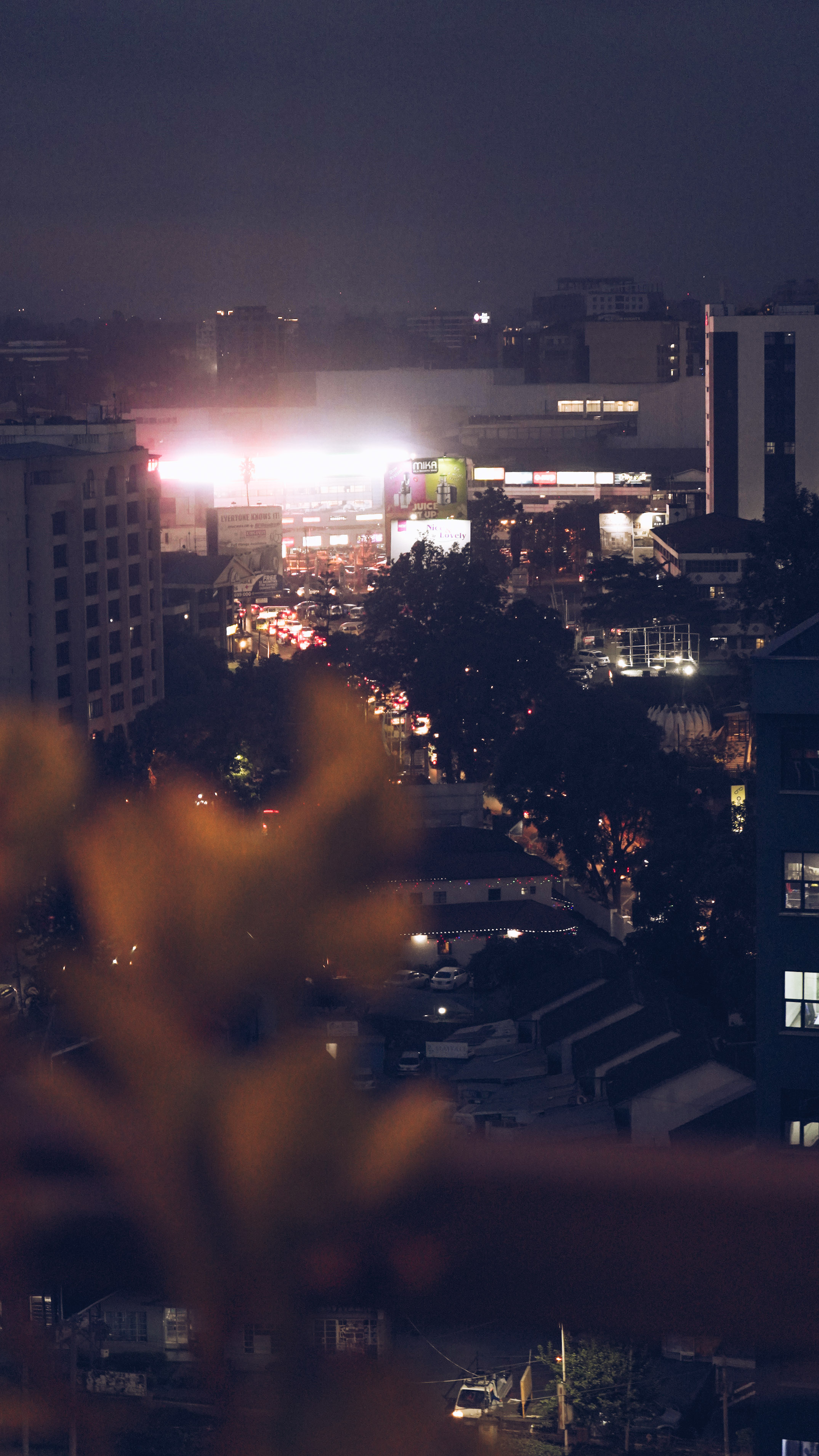
Are you interested in collaborating with COSMOS to share your local cultural scene? Please let us know via cosmos@leguesswho.com.
